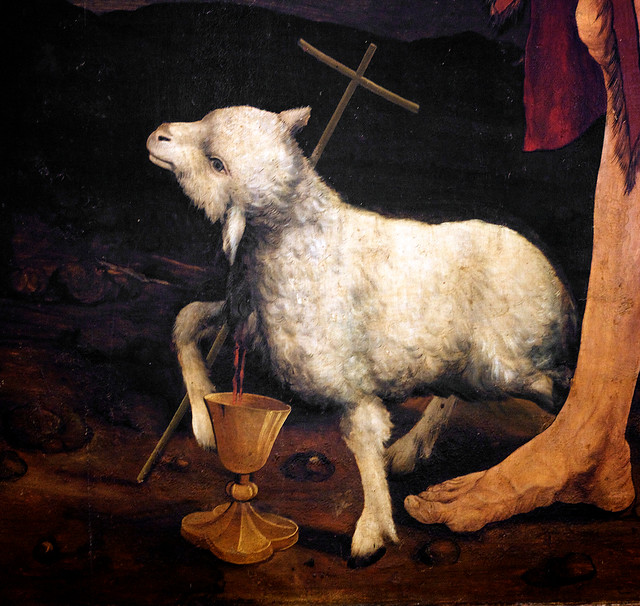
I am working my way chapter by chapter through Joel Edmund Andersons's very erudite book The Heresy of Ham (Archdeacon books, 2016). Joel covers interesting topics like biblical literalism (I prefer hyper-literalism) as idolatry and heresy is anything that promotes division and schism in the church. I love Joel's insights and his writing style is both powerful and filled with beautiful prose. Even though so much of this book registers with me, I will say as I read his section on history and heresy (chapter 2), I was surprised at his understanding of the Arian controversy is so different than mine.
Let me explain, I fully agree with the orthodox position and the early councils eventually siding with Athanasius. After saying that, it just seems to this student of history that Joel paints with a very big brush between Arius and Arianism (as if they are identical and I don't believe they are) and Athanasius as a saint and Arius as a terrible sinner. He says the Arians never fully took over the church, they didn't? I remember for about a ten year period where they pretty much had taken over every high position and power territory of the church.
Arius I don't believe denied the divinity of Christ as Joel claims (although this is closer to the truth when it came to later Arians). Arius focused on the humanity of Christ whereas Athanasius focused on the divinity of Christ. Was some of Arius theology blurry and fuzzy? Absolutely? Was Arius this terrible heretic? I doubt it. Arius did lay the roots to what did turn into some very bad fruit. But before we get too critical of Arius, let's not forget it was Augustine who laid the foundation for the church and state joining forces and power that eventually later turned into the inquisition, witch hunts, and the crusades.
Joel rightly says the early church fathers were not infallible or saints but he paints the whole picture in such stark black and white hues of the orthodox as always the good guys and Arius and his followers as doing all the bad stuff in history. History I believe is more messy and more colored than Joel makes it out to be. Yes, Athanasius did get banned 5 times, but he was the guy who was on this never ending crusade against Arius. Arius just wanted to preach the gospel and be left alone. Rather than Arius simply playing the victim card as Joel suggests, maybe other church leaders saw Athanasius really as the bully and zealot?
The power of the Holy Spirit led the early church into the right conclusions for orthodoxy but that does not mean everything they did as fallen humans was right or proper. The power politics used against Nestorius and misrepresenting his views was absurd. Montanism was accused of several things but the real threat was them running towards martyrdom. If everyone ran to martyrdom, there would be no church left to defend. Everyone followed the orthodoxy of Origen but that did not stop the later church to condemn the Originists as heretics even though there was little resemblance to Origen who died a martyred death 500 years earlier. And what about Joan of Ark who died faithfully for her Catholic faith and branded a heretic only to be made a saint 500 years later.
If there is something to learn from church history and the complex story of orthodoxy and heresy is sometimes the church needs it heretics to define orthodoxy and sometimes the church just got things wrong at a certain time. In the end, I fully concur with Joel's thesis that if Evangelicals and Protestants are going to combat and safeguard themselves against heresy, they need to become much better students of church history and embody history better themselves.














